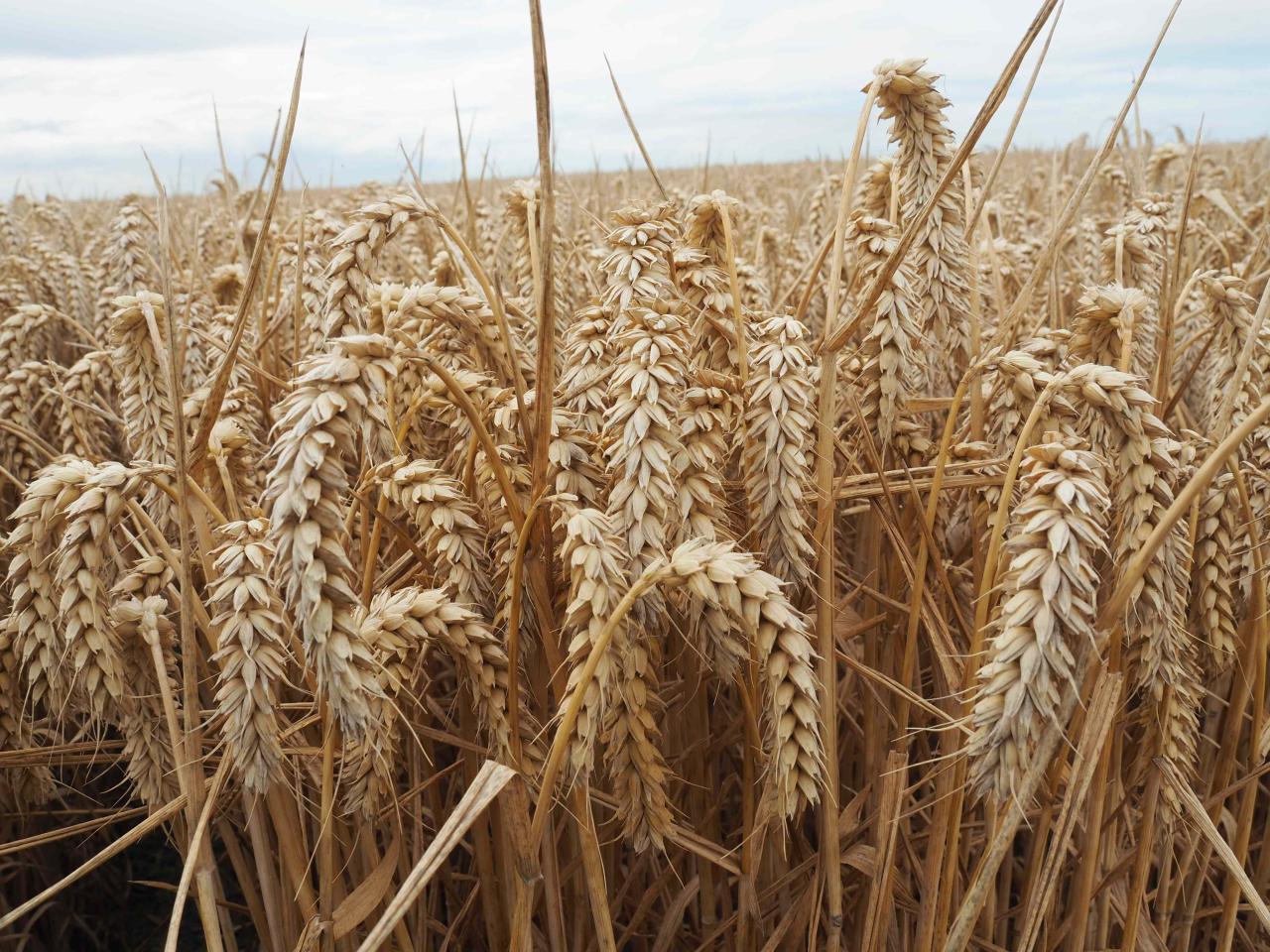Georgian authorities have been urged to extend the duty on imported flour in order to support domestic wheat producers and ensure food security. The current temporary duty, which imposes a tax of 0.2 lari (€0.070) per 1 kg on wheat flour imports exceeding 200 kg, was initially introduced in June 2023 and later extended until March 1, 2024, with a 25% increase in the duty[2][3][4].
The government’s decision to extend the duty stems from its objective to enhance the competitiveness of locally produced wheat and streamline its distribution within the domestic market[4]. Georgia consumes approximately 800 thousand tonnes of flour annually, with most of the wheat flour (approximately 78%) coming from Russia[4].
The extension of the duty is expected to help prevent an increase in the domestic price for bread and support the smooth sale of the new harvest[5]. Local wheat production has increased by 60% over the last 2 years, a trend that is expected to continue[5].
The move to extend the duty on imported flour underscores the government’s commitment to supporting domestic wheat producers and securing the nation’s food security[4]. By maintaining the duty, Georgian authorities aim to create a level playing field for local producers and ensure the availability of affordable bread for consumers.
Citations:
[1] https://directorstalk.net/palm-oil-rises-on-strong-exports
[2] https://www.apk-inform.com/en/news/1540050
[3] https://commersant.ge/en/news/economics/georgia-increases-additional-duty-on-flour-imports-by-25
[4] https://commodity-board.com/georgia-extends-duty-on-flour-imports-to-bolster-domestic-wheat-market/
[5] https://rustavi2.ge/en/news/256931

